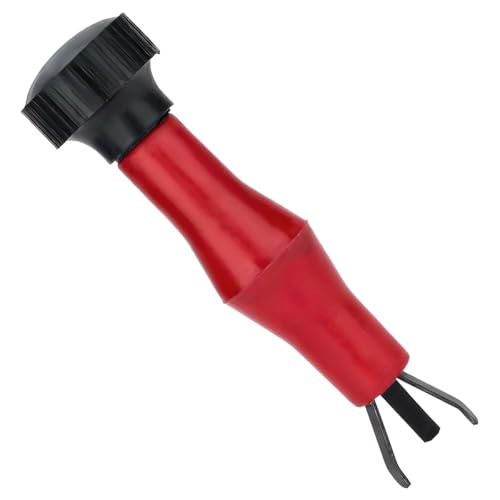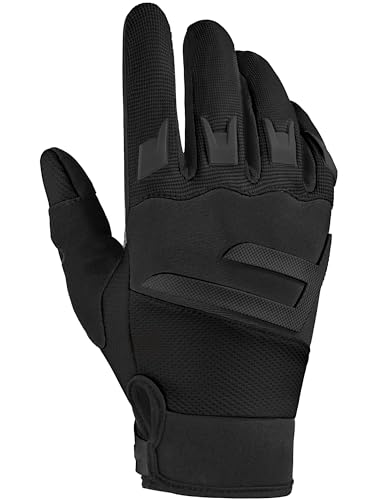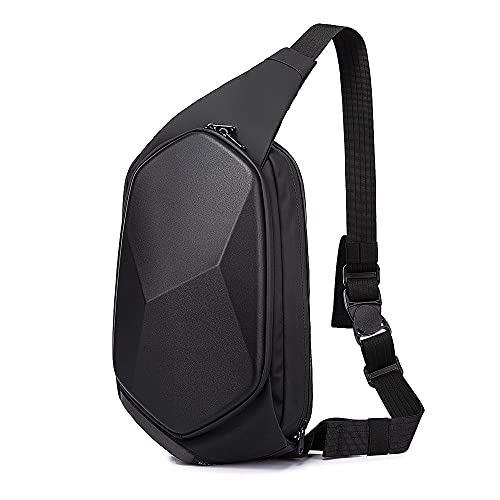You are using an out of date browser. It may not display this or other websites correctly.
You should upgrade or use an alternative browser.
You should upgrade or use an alternative browser.
Suspension - Rear Suspension Removal and Upgrade
- Thread starter gbrmksmith
- Start date

Help Support Yamaha FJR Motorcycle Forum:
This site may earn a commission from merchant affiliate
links, including eBay, Amazon, and others.
gbrmksmith
Well-known member
Pulled the rear suspension from my 2014ES. Noticed a marked drop in dampening and ride quality towards the end of this riding season. The rear shock and the left front started leaking.
Pulling all the suspension to send to EPM Performance for rebuilds and stiffer springs.
Pulling all the suspension to send to EPM Performance for rebuilds and stiffer springs.
gbrmksmith
Well-known member
There's one electrical connection for the stepper motor and one small hydraulic connection (where the yellow plug is in the photos). The larger hydraulic line is to the remote reservoir.
Not sure what the small hydraulic line does, assuming it's the pre-load adjuster on the spring.
The factory service manual is not very helpful on removing the ES rear suspension. It steps out the removal for standard suspension, with no mention of ES version.
Not sure what the small hydraulic line does, assuming it's the pre-load adjuster on the spring.
The factory service manual is not very helpful on removing the ES rear suspension. It steps out the removal for standard suspension, with no mention of ES version.
gbrmksmith
Well-known member
I found it necessary to loosen the ABS module in order to move brake lines out of the way for the top bolt removal. Other than that, the removal is fairly simple. It is a tight fit to get the assembly out through the swingarm opening.
How many miles on the suspension? I think ES owners are all looking for data points. TIA.Pulled the rear suspension from my 2014ES. Noticed a marked drop in dampening and ride quality towards the end of this riding season. The rear shock and the left front started leaking.
gbrmksmith
Well-known member
Fronts will come out next, once I'm done with the valve check.

$22.09
$26.99
MOREOK Waterproof & Windproof -30°F Winter Gloves for Men/Women, 3M Thinsulate Thermal Gloves Touch Screen Warm Gloves for Skiing,Cycling,Motorcycle,Running-Black-L
MOREOK-US (Ships from USA)

$74.95
Harley-Davidson 21" Carry-On Rugged Twill Rolling Duffel Bag - Black (22")
Wisconsin Harley-Davidson

$22.09
$26.99
MOREOK Waterproof & Windproof -30°F Winter Gloves for Men/Women, 3M Thinsulate Thermal Gloves Touch Screen Warm Gloves for Skiing,Cycling,Motorcycle,Running-Black-XL
MOREOK-US (Ships from USA)

$24.37
Fuel Tank Sticker Motorcycle Stickers for Yam&aha FJR1300 FJR 1300 Tank Pad Protector Decal Emblem Side Fairing Symbol Adventure
nanyangshixianpushangmaohanggerenduzi

$89.95
Harley-Davidson Trailblazer Hop Along Travel Duffel Bag - Black/Rust Vintage X-Large
Wisconsin Harley-Davidson

$44.95
Harley-Davidson Bar & Shield Logo Zipper Rugged Graphic Duffel Bag - Black
Wisconsin Harley-Davidson

$159.99
FLAVOR Men Brown Leather Motorcycle Jacket with Removable Hood (Large (US standard), Brown)
FLAVOR Leather
gbrmksmith
Well-known member
I have 103,400 miles on the bike. I probably should have done this last winter, but since nothing was leaking, I didn't.How many miles on the suspension? I think ES owners are all looking for data points. TIA.
escapefjrtist
Searching for Dry Roads
Small hydraulic line is indeed the stepped adjustable spring preload. Since you opened that system, on reassembly you'll need to bleed it to have full range of spring preload. Not sure anyone has done that. Maybe reach out to EPM before shipping to determine if they can set up and bleed the preload system.<<snip>> There's one electrical connection for the stepper motor and one small hydraulic connection (where the yellow plug is in the photos). The larger hydraulic line is to the remote reservoir.
Not sure what the small hydraulic line does, assuming it's the pre-load adjuster on the spring.
Dampening adjustment for forks and shock is changed via stepper motor. Although I can't confirm it, I also believe the hydraulic preload is driven by a stepper motor system. When I installed ES forks on my '15, initially, I rigged up a stepper motor driver on a tablet to adjust dampening. I've engineered a manual adjustment system since then. Something similar might be helpful to bleed the preload. Reach out if you'd like to discuss.
~G
gbrmksmith
Well-known member
Thanks, I'll discuss with them.
Thanks for this and please keep us involved in this shock rebuild. It's amazing how little is known about the ES yet has been around for more than 10 years.Thanks, I'll discuss with them.
Thanks and Happy New Year!
gbrmksmith
Well-known member
I was especially disappointed with the service manual. I have the manual for the 2014 and it has nothing specific to the ES suspension.
torch
Well-known member
Knowing Yamaha, it is probably covered in a separate supplement to the manual. That's been their M.O. for decades.I was especially disappointed with the service manual. I have the manual for the 2014 and it has nothing specific to the ES suspension.
sapest
Well-known member
escapefjrtist
Searching for Dry Roads
For '15s there is a different complete manual for ES bikes. Since ES was just introduced in '14 MY, I imagine it's same case.I was especially disappointed with the service manual. I have the manual for the 2014 and it has nothing specific to the ES suspension.
~G
SkooterG
Purveyor of Crooked Facts
Knowing Yamaha, it is probably covered in a separate supplement to the manual. That's been their M.O. for decades.
Just the first few years.
For '15s there is a different complete manual for ES bikes. Since ES was just introduced in '14 MY, I imagine it's same case.
~G
Looks like for the Gen 3 bikes. Interestingly, there has been ZERO change to the FJR service manual since 2016 and the start of Gen 4 FJRs.
SkooterG
Purveyor of Crooked Facts
I found it necessary to loosen the ABS module in order to move brake lines out of the way for the top bolt removal. Other than that, the removal is fairly simple. It is a tight fit to get the assembly out through the swingarm opening.
So, you didn't have to remove the entire rear fender?
I am aware of two others who have removed the rear ES shock and both removed the rear fender but don't think they loosened the ABS module:
https://www.fjriders.com/forums/viewtopic.php?t=6886
gbrmksmith
Well-known member
No, no need to remove the rear tire and fender. Access under the swingarm for the lower bolts and through the sides for the upper bolt.
To remove the upper bolt, I had to loosen the ABS module on the R side to move brake hose out of the way.
To remove the upper bolt, I had to loosen the ABS module on the R side to move brake hose out of the way.
Last edited:
SkooterG
Purveyor of Crooked Facts
No, no need to remove the rear tire and fender. Access under the swingarm for the lower bolts and through the sides for the upper bolt.
To remove the upper bolt, I had to loosen the ABS module on the R side to move brake hose out of the way.
Good to know!
But...... if you hadn't removed the small hydraulic line (yellow connector) would you still have been able to remove it? I am just wondering if removing the small hydraulic line is a really good idea???
Last edited:
gbrmksmith
Well-known member
Anybody with factory service manual for ES want to comment?
Rogue
Well-known member
Per the 16-24 manual they say to remove the fender. The hydraulic line is to the preload adjustment pump. I see the replacement of the motor for that pump but don't see a mention of removing the lines. You should probably send the pump & line with the shock.Anybody with factory service manual for ES want to comment?
Similar threads
- Replies
- 0
- Views
- 152
- Replies
- 0
- Views
- 2K
- Replies
- 2
- Views
- 328


























































